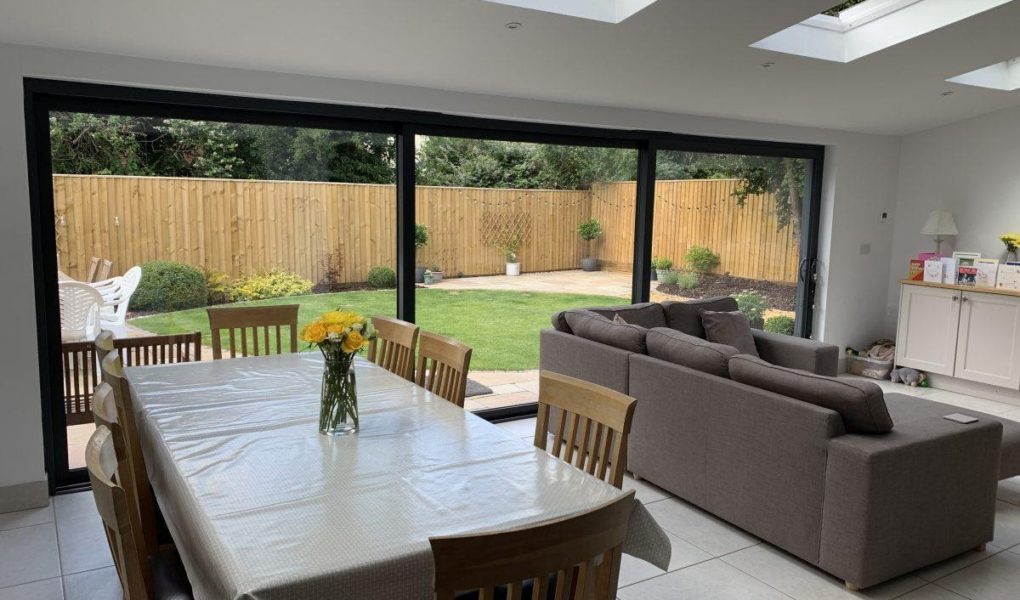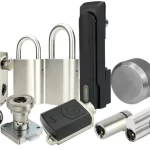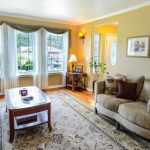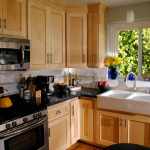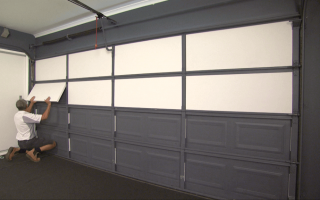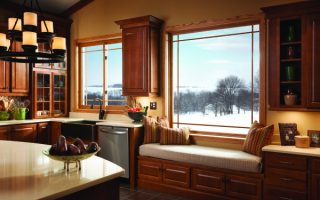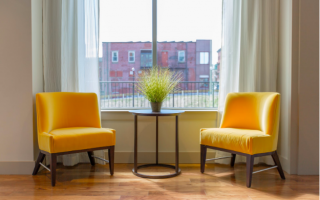Exterior bifolding doors can boost the value and aesthetic quality of your home. A set of slimline, bifold doors connecting your kitchen or conservatory to your garden could be your dream as a homeowner. But there’s a lot that goes into bifold doors besides their appearance. If you’re installing them as exterior doors, there are some important design considerations to take into account.
One of these is the materials for bifold doors. Should you use plastic or aluminium? That depends greatly on your personal needs and budget. Since companies like the Bifold Shop can create bespoke bifold doors, you have the possibility to make the best choice for you. Here, we’ll get into the details of which material you should use – plastic or aluminium.
Aluminium Bifold Doors
Overall, aluminium is a more popular choice for external bifold doors. It’s stronger than plastic and the other major material used for bifold doors, timber. It can support thicker glass panes with more glazing, which helps with durability and insulation. In addition, aluminium is completely recyclable, so the materials from your bifold doors can be reused should you ever uninstall them.
Aluminium bifold doors can be finished in many colours, in either matt or gloss. They also usually have a tough powder coating that makes them more durable.
Advantages of Aluminium Bifold Doors
Aluminium is a popular choice for bifold doors for a reason. The material conducts heat well, so you’ll have better insulation with aluminium. Higher-quality doors also come with a thermal break, which is a layer of non-conductive material. This interrupts the flow of heat, keeping more heat on the inside.
Aluminium bifold doors are also stronger than plastic doors, so they can hold thicker panes of glass. Aluminium is also superior when it comes to durability. It can withstand the elements well, and won’t need repainting for several years. The material won’t be easily warped, either.
Since it’s a stronger material, aluminium will last much longer than plastic. With proper maintenance, aluminium bifold doors can last years, even outliving your stay in your current home. For this reason, they’re a much more significant investment than plastic bifold doors.
Disadvantages of Aluminium Bifold Doors
While there are many benefits to using aluminium for bifold doors, there are a few drawbacks as well. They are the most costly option when it comes to bifold doors. Usually, since the large price tag comes with a guarantee, it represents more than just face value.
Aluminium bifold doors also have a very specific appearance. Metal doors aren’t suited to every design style, and some homeowners prefer not to have the look that aluminium puts in.
Plastic Bifold Doors
Plastic bifold doors, or uPVC, are manufactured from polyvinyl chloride. This type of plastic is used to produce a wide range of materials. This material is often used in bifold doors, but since it’s not durable, it can be an impractical choice for most homeowners.
Advantages of Plastic Bifold Doors
Bifold doors in uPVC are the most cost-effective option. This type of plastic is very versatile and can be easily produced. You can have your bifold doors in a variety of colours and finishes, though the most common is white. uPVC doesn’t have high thermal efficiency, but large air chambers can be added in the panels to improve insulation.
Bifold doors made from uPVC are also low maintenance. They don’t require the same level of care as aluminium, so they’re perfect for those wanting to try out bifold doors but aren’t quite willing to invest heavily.
Disadvantages of Plastic Bifold Doors
Plastic bifold doors have significantly more disadvantages than aluminium. uPVC isn’t a very strong material, so durability suffers. As a result, your bifold doors could feel flimsy – which isn’t an ideal option for bifold doors leading into the garden.
UPVC bifold doors also tend to have a budget appearance, which could be a turn-off for some homeowners. Although modifications can be made to improve thermal efficiency, plastic simply doesn’t insulate as well as aluminium. uPVC can also be easily scratched, warped, or discoloured as a result of weather conditions. Since uPVC is a relatively weak material, it can hold less glass than aluminium. To compensate, plastic doors are made thicker. But this hampers glazing and results in less light brought into the interior.
Conclusion – Aluminium or Plastic Bifold Doors
When it comes down to it, aluminium represents a better value for bifold doors. There are some advantages to uPVC bifolds, though. Ultimately, the choice depends on your needs and budget constraints. At companies like the Bifold Shop, you can have bespoke bifold doors created to fit your home’s specific needs and design demands.

